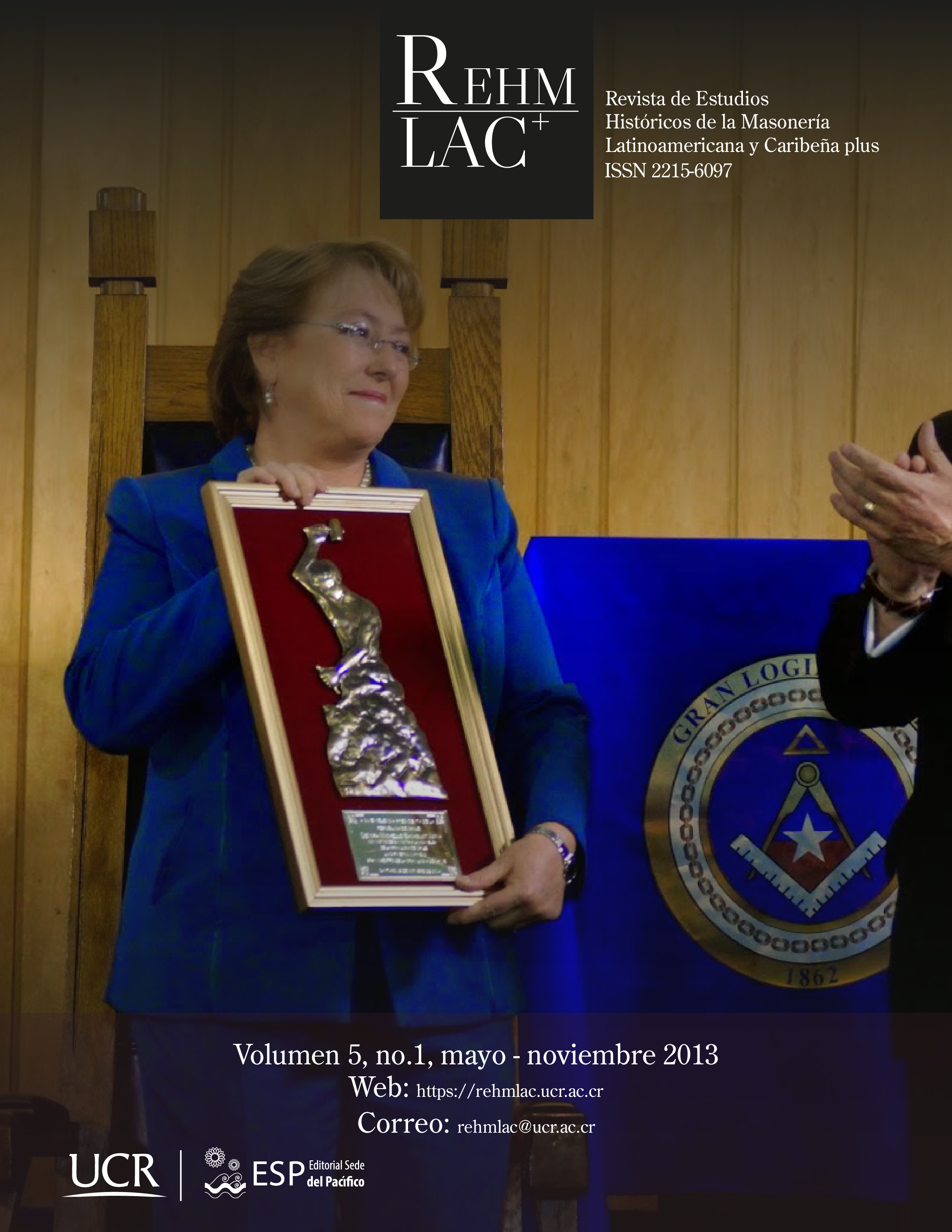Abstract
Although Belgian’s King Leopold’s connection to Freemasonry was distant at best –he had been accepted “by proxy” under the auspices of a Swiss lodge but most likely he had never set a foot in a Masonic temple– he was nevertheless hailed as a brother by Belgian Freemasons. Leopold accepted to become the protector of the order when the young country had its own Grand Orient organized in 1832-1833. But quickly Leopold developed hostility towards the Belgian lodges’ liberal stance and kept that negative opinion until his death in December 1865. In February 1866 the Grand Orient organized a widely attended mourning lodge for the departed monarch. The mourning lodge explicitly echoed the then still largely proclaimed Masonic spiritualist doctrine of the
immortality of the soul. The dead Mason-king was symbolically integrated into the pantheon of national heroes, was re-invented with mythical qualities and was instrumentalized as an icon to prove how much Freemasons were good patriots. The explicit expression of a spiritualist worldview was meant to show that Masons were no vile atheists either. Catholic opinion reacted vehemently against this recuperation of the monarch, but the 1866 ritual also led to a first but ever so meaningful protest by more radical Freemasons who opposed this imposed spiritualist doctrine. These polemics anticipated the progressive secularization of Belgian Masonic rituals in the 1870s.

